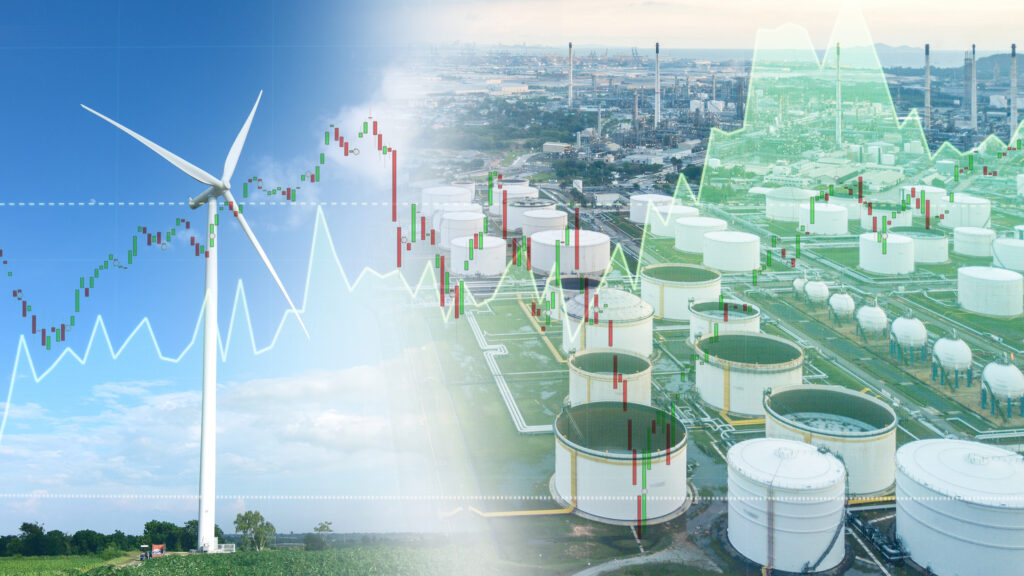The proportion of Germany’s energy derived from renewables is set to fall year-on-year in 2021 for the first time since 1997, federal environment agency UBA said on Wednesday.
Wind turbines, solar plants and other renewable energy sources are projected to generate around 42 percent of the electricity consumed in Germany this year, the agency said, compared with 45.3 percent in 2020.
It blamed the “noticeable” drop on higher total electricity consumption in 2021, along with a fall in the amount of electricity generated from renewable sources due to weather conditions.
There had been “very little wind” especially in the first quarter of 2021, the agency said, and the sun had shone “significantly less” than the previous year.
Electricity from renewable sources is expected to amount to around 237 billion kilowatt hours (kWh) in 2021, compared with 250 billion kWh in 2020.
Germany’s new coalition government of the Social Democrats (SPD), Greens and pro-business FDP has announced ambitious plans to tackle climate change, including ending coal power and generating 80 percent of electricity from renewables by 2030.
But Dirk Messner, president of the UBA, said this target would be missed without significant expansion of the country’s renewable energy infrastructure.
“We need fast-working measures in the next few years to build more wind and photovoltaic plants,” he said.
Kerstin Andreae, chief executive of the German Association of Energy and Water Industries (BDEW), said the country still has “a lot of work ahead” to achieve the target, “especially in view of the fact that electricity consumption is expected to increase significantly in the coming years”.
The new government must “promptly remove existing obstacles and restrictions to the expansion of renewables”, she said.

